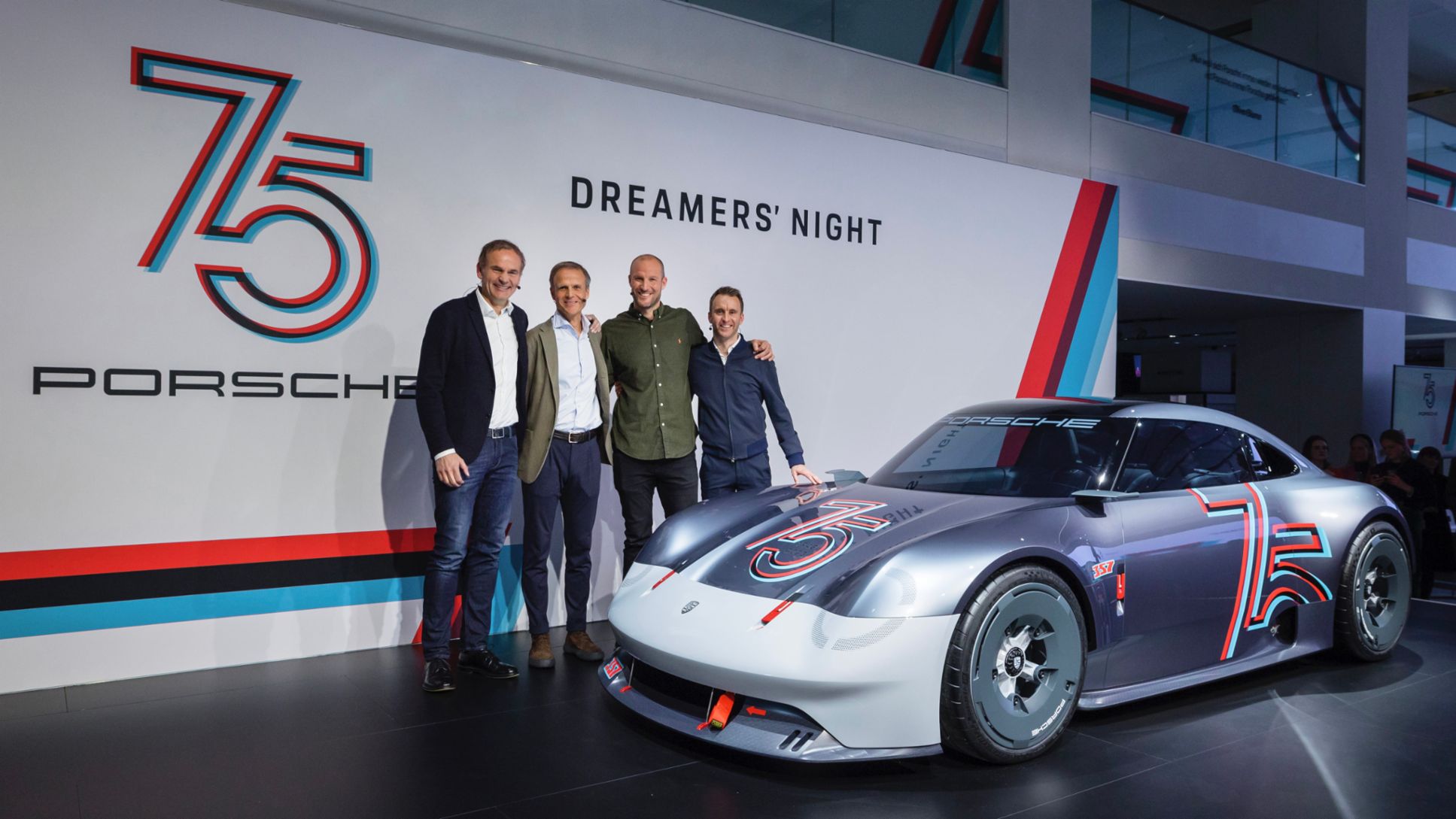The Porsche Years To Avoid: A Comprehensive Guide For Enthusiasts
Share

Porsche is a brand that commands respect in the automotive world. Known for its exceptional engineering, luxurious interiors, and thrilling performance, Porsches have enamored car enthusiasts for decades. However, not all years and models carry the same reputation. For prospective buyers, knowing which Porsche years to avoid can save you a lot of headaches down the road. In this guide, we’ll delve into some of the Porsche years that have been critiqued for various issues, helping you make an informed decision.
Understanding Porsche Reliability
Porsches are built with precision, but they are not immune to faults. Like all cars, certain production years have been plagued by manufacturing defects, quality control issues, or long-standing problems that affect overall reliability. Whether you are looking for a classic 911 or the latest Macan, understanding the automotive history can help you steer clear of frustrating purchases.
Common Issues Across the Years
Engine Problems
One of the most significant concerns when it comes to Porsche ownership is engine reliability. Models from specific years have been known to suffer from issues such as oil leaks, coolant leaks, or more severe engine failures. For instance, certain models of the 996-generation 911 (produced between 1999 and 2004) faced IMS (intermediate shaft) bearing failures, a costly repair that affects the engine’s performance.

Electrical Glitches
Modern vehicles are reliant on electrical systems, and Porsche is no exception. Models from years like 2010 and 2011 (spanning the 911 and Panamera) experienced numerous electrical problems, including faulty wiring, erratic electronic air conditioning, and erratic dashboard indicator lights.
Transmission Troubles
Transmission issues can cripple a car’s performance. Notably, the Porsche Cayenne made between 2004 and 2006 was notorious for its problematic transmission system. Owners reported issues ranging from erratic shifting to complete transmission failure, leading to expensive repairs and increased frustration.
Notable Porsche Models to Avoid
996 Porsche 911 (1999-2004)
As previously mentioned, the 996 generation of the Porsche 911 is infamous among enthusiasts. While it offers a great entry point into Porsche ownership with a relatively lower price, the IMS bearing issue can lead to catastrophic engine failure. If you are keen on 996, always seek models that have had the IMS bearing updated or replaced.

2002 Porsche Boxster
While the Boxster has been praised for its handling and performance, the 2002 model appears problematic. Owners have reported issues with the rear main seal and premature tire wear. While the handling is sublime, the maintenance costs and headaches may not make it worth your while.
2007 Porsche Cayenne
This model year of the Cayenne made the list due to significant electrical and transmission failures. Owners have reported issues related to transmission slipping, which can lead to costly replacements. The Cayenne has been one of Porsche's most popular models, but if you're eyeing a used one from that year, be wary.

2010-2011 Porsche Panamera
The inaugural years of the Panamera saw various electrical glitches that prevented owners from fully enjoying their vehicles. Problems like malfunctioning infotainment systems and erratic power windows can undermine the luxury experience associated with the Porsche brand. Additionally, these model years have also faced reports of oil consumption issues.
987-generation Boxster (2005-2012)
This era of the Boxster did surprisingly well in terms of performance but struggled with water leaks. Owners have noted significant leaks that can compromise the interior and create a less enjoyable driving experience—an unfortunate downside for a sports car that is otherwise well-regarded.
Tips for Potential Porsche Owners
Research and Inspect
If you're considering buying a Porsche, it’s crucial to conduct thorough research. Online forums, articles, and reviews offer invaluable insights. Engaging with fellow Porsche enthusiasts can also help shed light on problem areas and the best models to consider.
Professional Pre-Purchase Inspection
Always opt for a pre-purchase inspection conducted by a Porsche-certified technician. This can help diagnose existing flaws before you finalize your purchase. It’s a worthwhile investment to save you from unforeseen expenses.
Maintenance History
Review the maintenance history of any used Porsche you are considering. A well-documented service record often indicates that the previous owner took pride in the vehicle.
Warranty Coverage
Buying a certified pre-owned Porsche can provide additional peace of mind. Many CPO programs offer extended warranties that can cover common issues that may arise in those problematic model years.

Conclusion
Owning a Porsche is a dream for many car enthusiasts, and rightly so; they offer a blend of performance, style, and heritage that few brands can match. However, as with any vehicle, awareness of the years to avoid can significantly enhance your ownership experience. By steering clear of the outlined models and being diligent in your research, you can enjoy the high-speed thrill that comes with being a Porsche owner—without the constant worry of unexpected repairs. Make an informed choice, enjoy the ride, and unleash the passion that comes with owning a piece of automotive excellence.